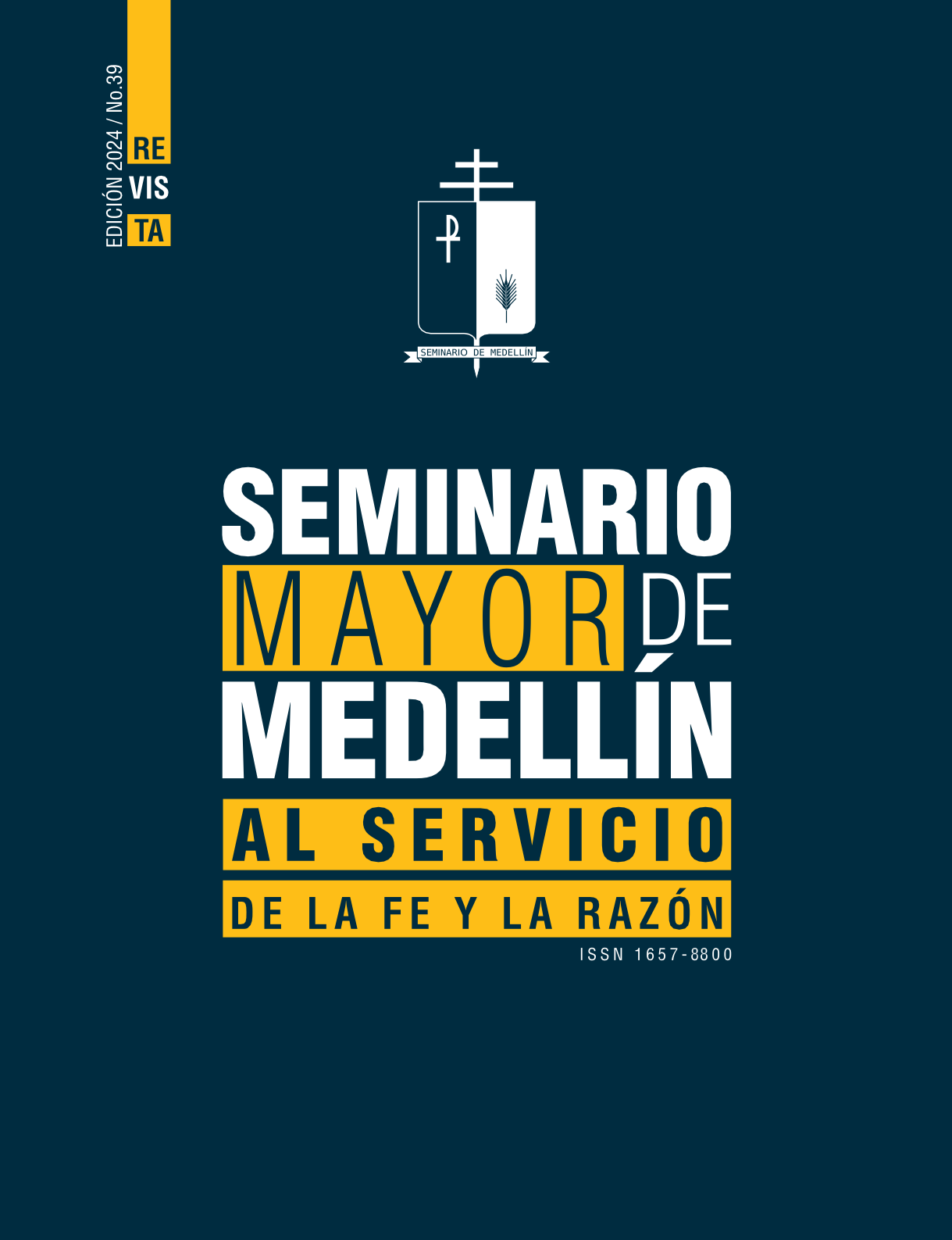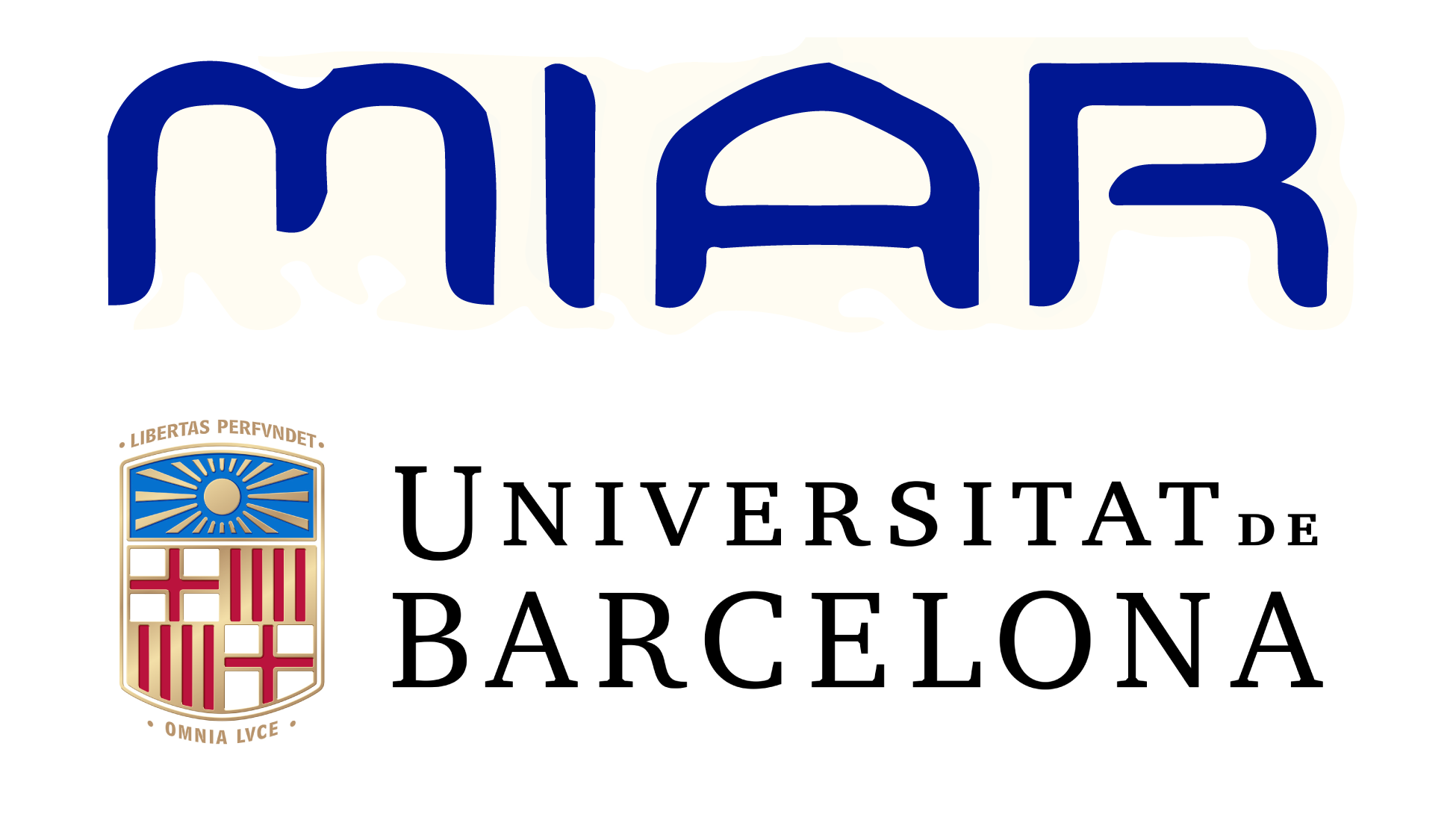Morality in a pluralist society. How to achieve an integrated life in societies that are being transformed?
Keywords:
Values, ethics, morality, society pluralistic, kenotized, decline, relativize, human person, conduct, virtues, dignity, good, evilAbstract
Societies have a set of ethical-moral norms or references that seek to harmonize coexistence between people, seeking to guarantee that everyone has the same rights and duties with quality of life at every time and place. But it has been observed that, in many populations, ethical values are declining, because some people try to change the perception of what is wrong and what is right by having kenotized those values. For this reason, today there is a tendency to relativize certain practices that denigrate the dignity of the human person. Each human person is an integral being influenced by the biological, psychological, social and cultural, and these factors intervene in human behavior, stimulating man to fight for his particular interests. However, it cannot be ignored that morality is going to play a determining role in the search to satisfy the needs of each person and, consequently, there are no societies where one cannot speak and act in the light of morality.
References
Aristóteles. (1961). Ética Nicomaquea. (trad. Gómez). México: UNAM
Biblia de Jerusalén Latinoamericana. (2017). Desclée de Brouwer.
Bono, J. (2022). Ética en Aristóteles, una orientación al bien. Revista de Marina. https://revistamarina.cl/es/articulo/etica-en-aristoteles-una-orientacion-al-bien
Brugger, W. (1958). Dignidad en Diccionario de Filosofía. Herder.
Cortina, A. (2013). ¿Para qué sirve realmente la ética? Paidós.
Durkheim, E. (1986). Las normas del método sociológico. México: Fondo de cultura económica. https://acms.es/wp-content/uploads/2018/11/durkheim_emile_-_las_reglas_del_metodo_sociologico_0.pdf
Fernández, L. (2016). Dios como modelo y fundamento de la ética. Murillo: Ildefonso.
Francisco. (2013). Lumen fidei. Roma: Ediciones UC.
Gandhi, M. (1906) https://www.cndh.org.mx/noticia/mahatma-gandhi-inicia-su-movimiento-de-no-violencia-0
Guardini, R. (1974). Una ética para nuestro tiempo. Cristiandad.
Kant, I. (1785). Fundamentación de la metafísica de las costumbres. Porrúa.
Kant, I. (1788). Crítica a la razón práctica. Losada S.A.
Juan Pablo II. (1993). El esplendor de la verdad. San Pablo.
López, J. (1994). Ética. Trotta.
López, J. (1995). Moralidades de hoy y de mañana, Obras completas 3. Trotta.
López, R. (2015). La Dignidad de la Persona. http://dspace.uvaq.edu.mx:8080/xmlui/bitstream/handle/123456789/775/Texto_completo.pdf
Lipovetsky, G. (1992). El crepúsculo del deber. Paris: Anagrama.
Lucas, R. (1996). El Hombre Espíritu Encarnado. Sígueme.
Macintyre, A. (1994) Historia de la Ética. Paidós.
Mardomingo, J. (2002). La autonomía moral en Kant. [Tesis doctoral, Universidad Complutense]. https://webs.ucm.es/BUCM/tesis/19911996/H/2/AH2011101.pdf
Mardones, M. (1988). Postmodernidad y Cristianismo. Sal Terrae
Mill, S. (1859). Sobre la libertad. Tecnos.
Nussbaum, M. (2012). Crear capacidades. Paidós.
Nietzsche, F. (1887). La Genealogía de la Moral. (Trad. Vintrob, 2010). https://biblioteca.org.ar/libros/211756.pdf
Platón. (370 a.C.). La República o de lo justo. (Trad. Azcárete) https://www.ellibrototal.com/ltotal/?t=1&d=5684
Platón. (399 a.C.). Apología de Sócrates. (Trad. Azcárete, 1871).
Schiller, F. (1937). De la gracia y de la dignidad. Werke: Kerpeles.
Séneca. (2011). Sobre la amistad, la vida y la muerte. Madrid: Edaf.
Sierra, L. y García, C. (2019). “Es que soy humano”, Revista Seminario Mayor de Medellín. La razón más válida para establecer compromisos. Edición n. 34.
Váttimo, G. (1990). El pensamiento débil. (trad. Pérez, 2015). Teorema.
Tomás de Aquino, (1951). Suma contra los gentiles. BAC. https://tomasdeaquino.org/capitulo-cxii-las-criaturas-racionales-son-gobernadas-por-ellas-y-las-demas-para-ellas/
Zubiri, X. (1986). Sobre el hombre. Alianza Editorial y Sociedad de Estudios y Publicaciones.
Downloads
Published
Issue
Section
License
Copyright (c) 2024 Seminario Mayor de Medellín Journal

This work is licensed under a Creative Commons Attribution-NonCommercial-NoDerivatives 4.0 International License.













